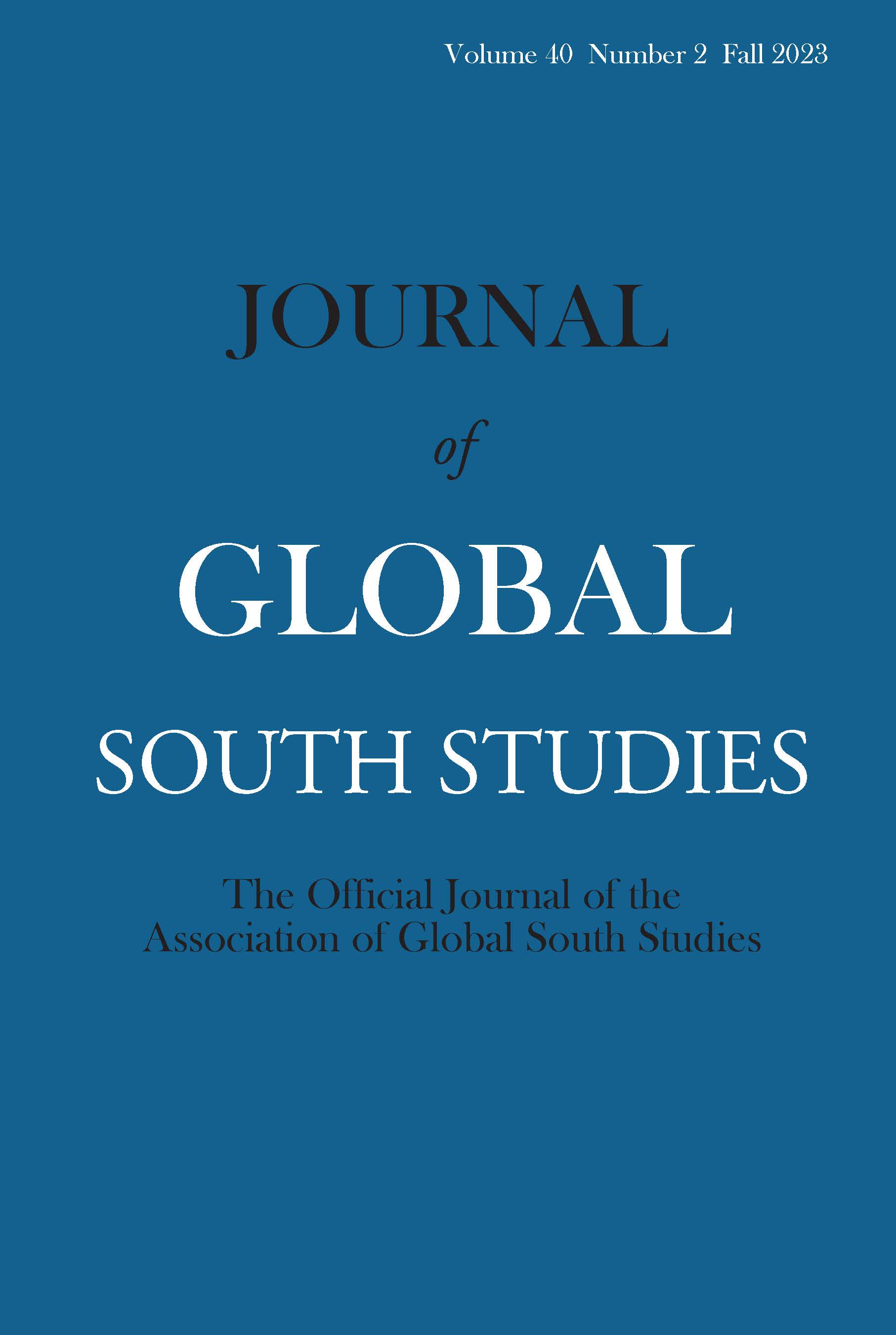Rethinking African Regionalism Assessing How Regimes Use the African Union
Main Article Content
Abstract
This paper critically analyzes the African Union’s (AU) efforts toward continental integration, highlighting the gap between its rhetoric and the actions of member states’ political leaders. The paper suggests that the AU’s focus on individual state sovereignty, rather than continental unity, is partly due to its self-serving role for the political elite, serving as a vessel for regime-boosting and sovereignty-enhancing purposes. The paper acknowledges some of the successes of the AU in reducing armed conflicts and military coups through its Peace and Security Council, Panels of Conflicts Resolution, and the African Standby Force for peace missions. It also recognizes the potential benefits of the African Continental Free Trade Agreement (AfCFTA), which aims to lower or eliminate cross-border tariffs on most goods, promote investment, and pave the way for a continent-wide customs union. However, the paper argues that “performative” Pan-Africanism efforts demonstrate the persistent gap between the AU’s rhetoric and actions. Therefore, a close examination of the AU reveals how reigning regimes use regionalism as “opportunity structures” in political crises. The paper suggests that the AU’s focus on individual state sovereignty reinforces traditional notions of sovereignty and hinders the process of continental integration. The paper contributes to the scholarship of regionalism by examining the less prominent roles of integration in Africa. It also highlights how supranational entities can be adaptive and mutative for their specific locales. Finally, the paper calls for critically examining the AU’s role and potential for promoting genuine continental unity

